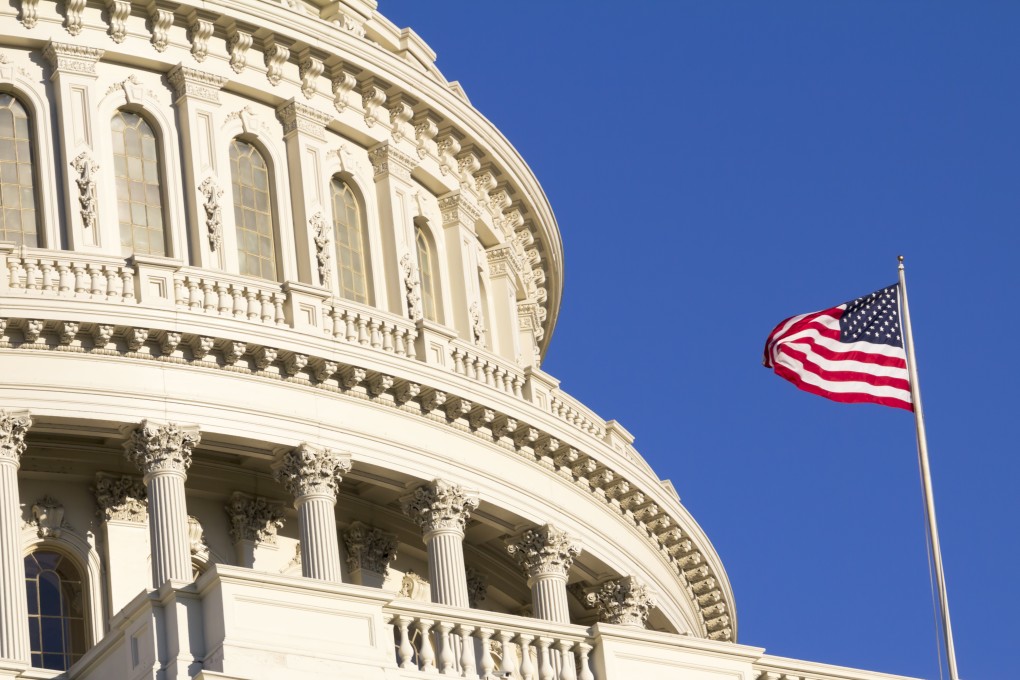US-China trade tension: effects on US property investment
As the trade war cools, new opportunities are emerging for Chinese property investment in the United States

[Sponsored article]
The US-China 'trade war' has dominated discourse across the markets over the past year as tensions between the world's two largest economies rippled out to affect other dependent regions. With real estate being a key global market, property investors have been nervous about how new tariffs and other measures might impact on their current investments and future prospects in both China and the United States.
The latest round of talks has seen progress, with President Trump saying he would delay an increase in tariffs on Chinese exports beyond the March 1 deadline and was considering a summit with President Xi Jinping to conclude the trade agreement. China and the United States are heavily interdependent economies, trading a total of US$636 billion in goods in 2017 according to the U.S. Census Bureau, which makes a mutually favorable deal likely.
Whatever the outcome, it's important to recognize that the robust real estate markets are not always subject to political and economic whims. You don't have to look far for a recent example, as London's luxury housing markets weathered Brexit uncertainty better than many feared, thanks in large part to the faith of overseas investors in the timeless appeal of high quality property. Investors and market analysts are similarly remaining cautiously positive for the outcome of the upcoming trade deal, as even if one or both sides do strike out, the targets are likely to be related to trade rather than singling out investment markets.
Chinese investment declines
Concerns over China's tightening regulations on outbound investment are well founded and evident in the alarming decline in investment to the US since 2016.
Formerly the top destination for Chinese real estate capital, accounting for 30 percent of average outbound investment over the last five years, Chinese investment in American property dropped significantly from its peak of US$4.9 billion in Q4 2016 to just US$221 million in Q1 2018, a little over a year later. These deals have primarily been large-scale transactions conducted by a relatively small number of investors.
Similar declines have been observed across all US investment classes and are blamed on stricter cross-border investment and capital control laws that are also affecting investment in other foreign territories. More recently, Chinese investments have also been subject to greater scrutiny from the Committee on Foreign Investment in the U.S., creating an additional barrier for investors.
US market outlook
What effect has this decline in Chinese investment had on the US markets and overall economy? It seems very little, as other overseas markets have quickly moved in to fill the gap. Most notably Canada, which increased its overall foreign purchase volume by a third in the first three quarters of 2018.
After three consecutive years of decline, transaction volumes in key US property markets began to rise last year and the outlook for commercial and residential property is looking positive. According to research from Jones Lang LaSalle (JLL), the first three quarters of 2018 saw real estate transaction volumes rise by 14.2 percent to reach $341.2 billion, exceeding expectations. This period also saw the highest number of entity-level transactions since 2007, thanks in part to a focus on large-scale portfolios.
The US economy is currently in its second-longest growth cycle on record, which is expected to continue at a more modest pace through 2019 and to benefit the office, retail and industrial property markets in particular. Meanwhile, a decline in new residential development is helping to maintain price levels and demand, particularly for multifamily homes.
What happens next?
Most experts agree that a full-blown trade war is unlikely, especially now the possibility of a summit has been raised, and say investors should concentrate instead on more likely scenarios such as rising interest rates rather than trying to react to the markets.
In the unlikely event that a trade war does erupt, further restrictions and the weakening of the renminbi mean that Chinese investors will face more challenges investing in the US and elsewhere. In the more likely case that a new trade agreement is reached, Chinese investment is expected to gradually return to former levels in the medium-term.
With increased government scrutiny having led to several high-profile Chinese investors selling off billions of dollars' worth of overseas property assets recently, early bird investors will find plenty of opportunities to get a foot on the US property ladder in the more optimistic new era.